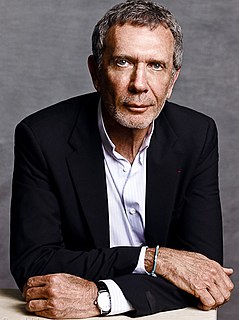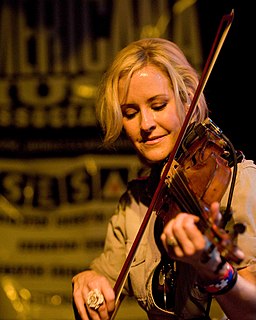A Quote by Jennifer Yuh Nelson
We had Chinese artists that would put in elements for the Chinese audience like the calligraphy actually means something so the audience when they read it they'll understand. So there were definitely little things we were able to do that specifically leveraged the artists' talents.
Related Quotes
Right after September 11, 2001, there weren't really any blogs in China, but there were a lot of Chinese chatrooms - and there were a lot of conversations in which Chinese netizens were saying things like, 'served them right.' That was definitely not the official Chinese government policy - which condemned the terrorists.
Many Chinese criticize me not only on Baidu but on Facebook. Some say, do you think Chinese authorities were stupid enough not to realize you were a North Korean defector? If they read my book, they'd understand. I did my best to escape. I think it's all a miracle. It's not because Chinese policemen were stupid enough to believe my fake story.
There are photographers who push for war because they make stories. They search for a Chinese who has a more Chinese are than the others and they end up finding one. They have him take a typically Chinese pose and surround him with chinoiseries. What have they captured on their film? A Chinese? Definitely not: the idea of the Chinese.
I would now put all my heart with the Tibetan people and the Tibetan cause, but not at the expense of the Chinese, and not say that Tibetans are good and Chinese are bad. And in my own life, I hope I would learn to be a little less full of right and wrongs, and a little more able to see everything as a potential right.






































